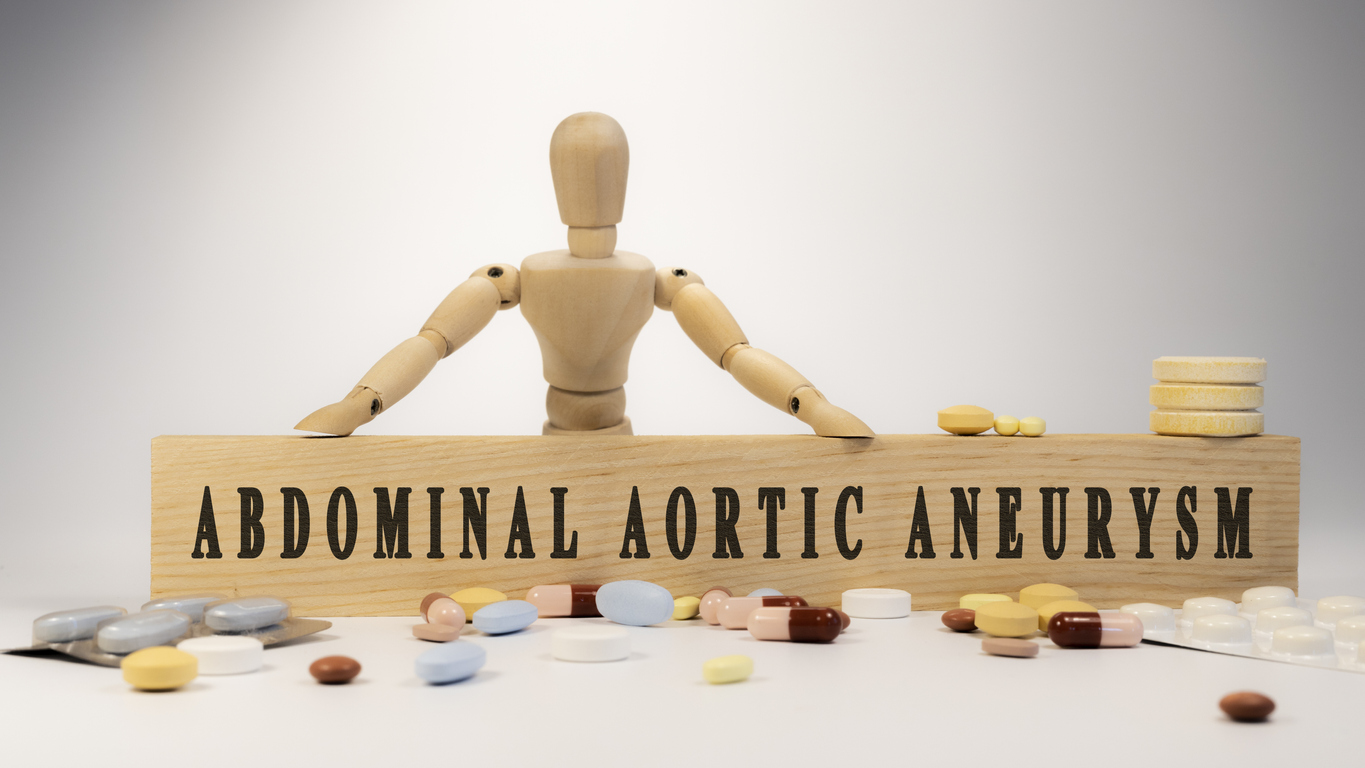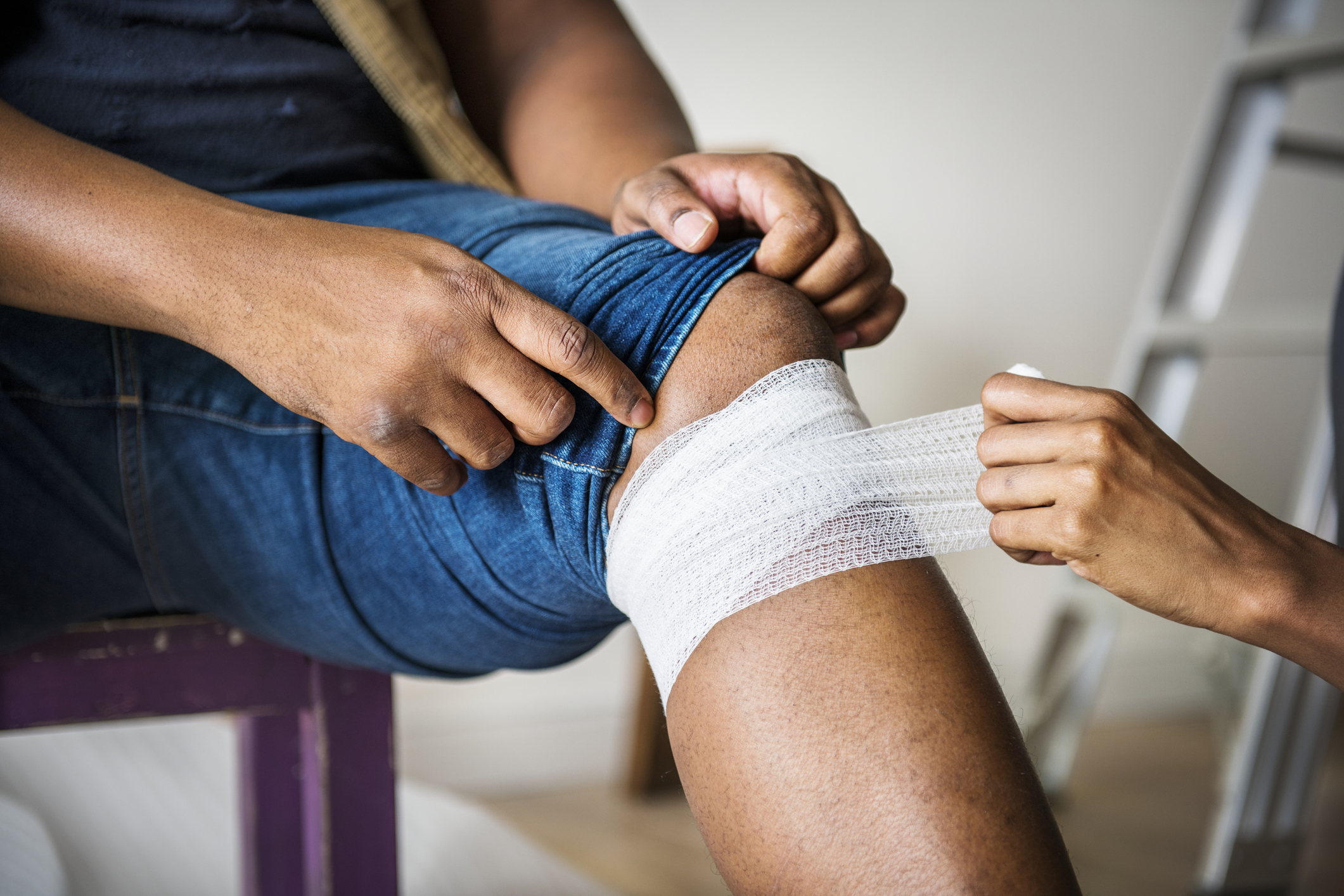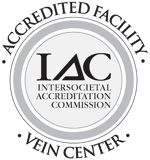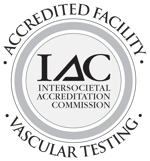Aortic aneurysms are often called the ‘silent killers’ as patients often experience their first symptoms when the aneurysms rupture. Studies show that nearly 75% of patients with ruptured aneurysms will not survive.
At the Vein Institute of New Jersey, we understand that you care about your overall physical and mental health and we want to give you the best results possible so you can attain the healthy image you desire. So, knowing these top 10 varicose vein surgery post-op items can ensure a successful outcome.
While we have all been stuck at home one way or another, it's important not to forget about your vein health. There are some basic tips that not only can help your veins maintain maximum health, but will also positively affect your overall health.
In part 3 of our Cardiovascular Care Group aneurysm education series, we talk about the specifics of aneurysm repair – Endovascular Aneurysm Repair (EVAR). Our previous posts introduced you to the basics a.k.a. the "silent killer" and the different types of aneurysms and how best to manage them.
The best thing to do with an aneurysm is to avoid it. Seems like sound advice, right? Prevention is usually the best course of medical treatment. But, we know, stopping an aneurysm may not be in the cards sometimes.
As the leading varicose vein treatment center in the state, the Vein Institute of NJ has decades of experience with various vein treatments and vein removal procedures. One of the most common questions we get asked is what causes spider veins and varicose veins, and should I be worried about them?













.jpg?width=944&name=Castle-Connolly-Top-Doctors-Emblem-Large%20(4).jpg)